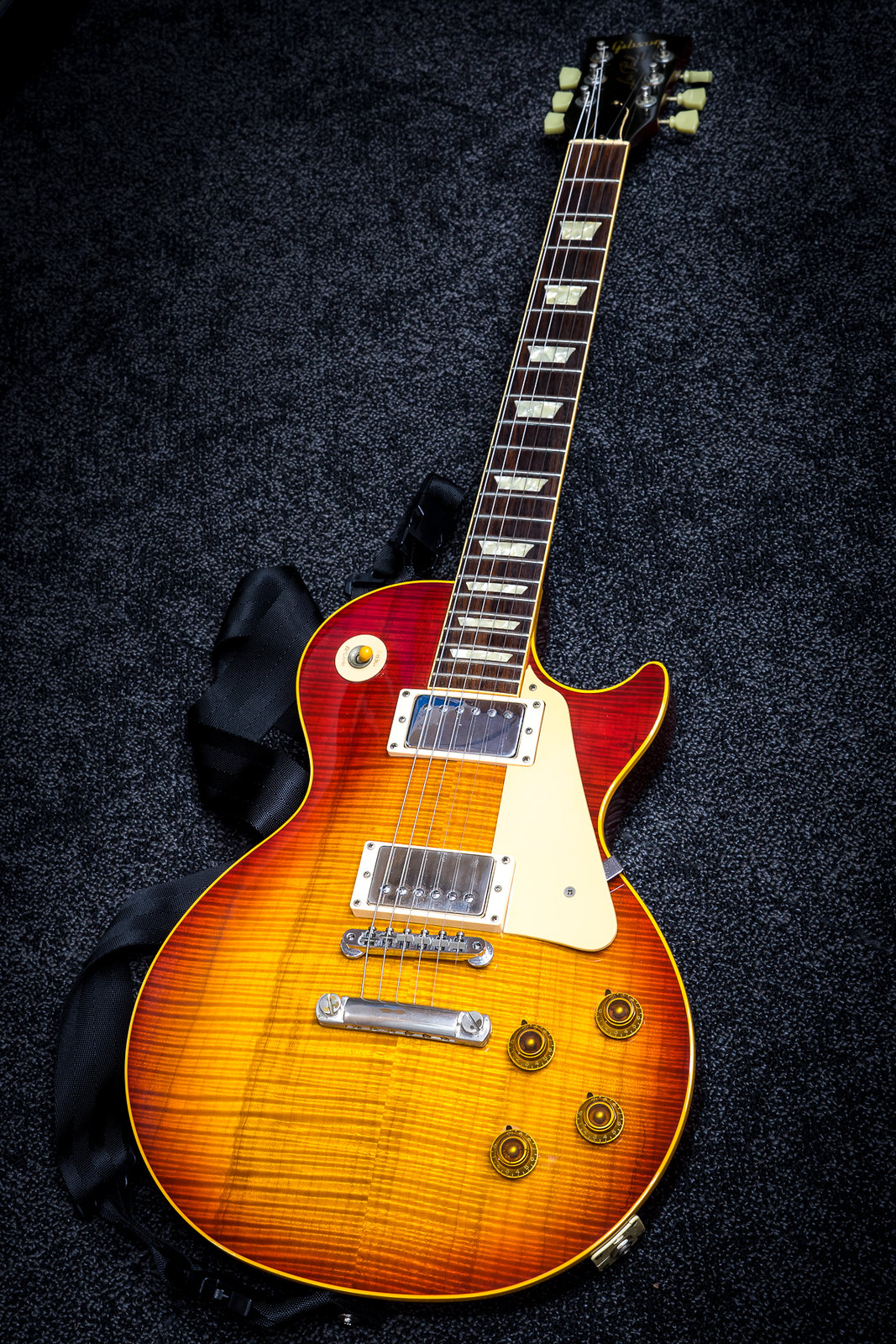I should probably have prefaced my statement with "Other things being equal," but since I was on my iPhone (I'm in France at the moment, yeah, poor poor pitiful me) I was uncharacteristically brief in my response.
The best demonstration I've experienced of the principle that not having a cutaway on the one side makes a diff, and what diff it makes, was by Tom Anderson and his right hand man Roy Fought. They did a road show in which they brought 12 guitars, 6 matched pairs of an S-style and a T-style. Within each pair, the wood recipe, the pickups, and the hardware were the same. (i.e., the S ones were hard tails with the same bridge setup as the T-styles) Across the 6 pairs there was some variation in the wood recipes. Very consistently, the T-types had more prominent lower mids.
In my own at-home experience it's not so much about matched A-B pairs as it is having multiple examples of both single- and double-cutaway guitars with all sorts of different combinations of woods, hardware, pickups, and scale lengths. The same observation holds: irrespective of everything else, the single-cutaway guitars generally have a more prominent lower midrange than the double-cutaway guitars. I spent a lot of time last summer carefully listening to and analyzing the sound of my various electric guitars. (
N = 40, give or take) This is the conclusion I ended up with.
Yep. Pretty clear Pete is a guy who knows his guitar sounds: how to listen, how to get good sounds, and how & when to use them.



